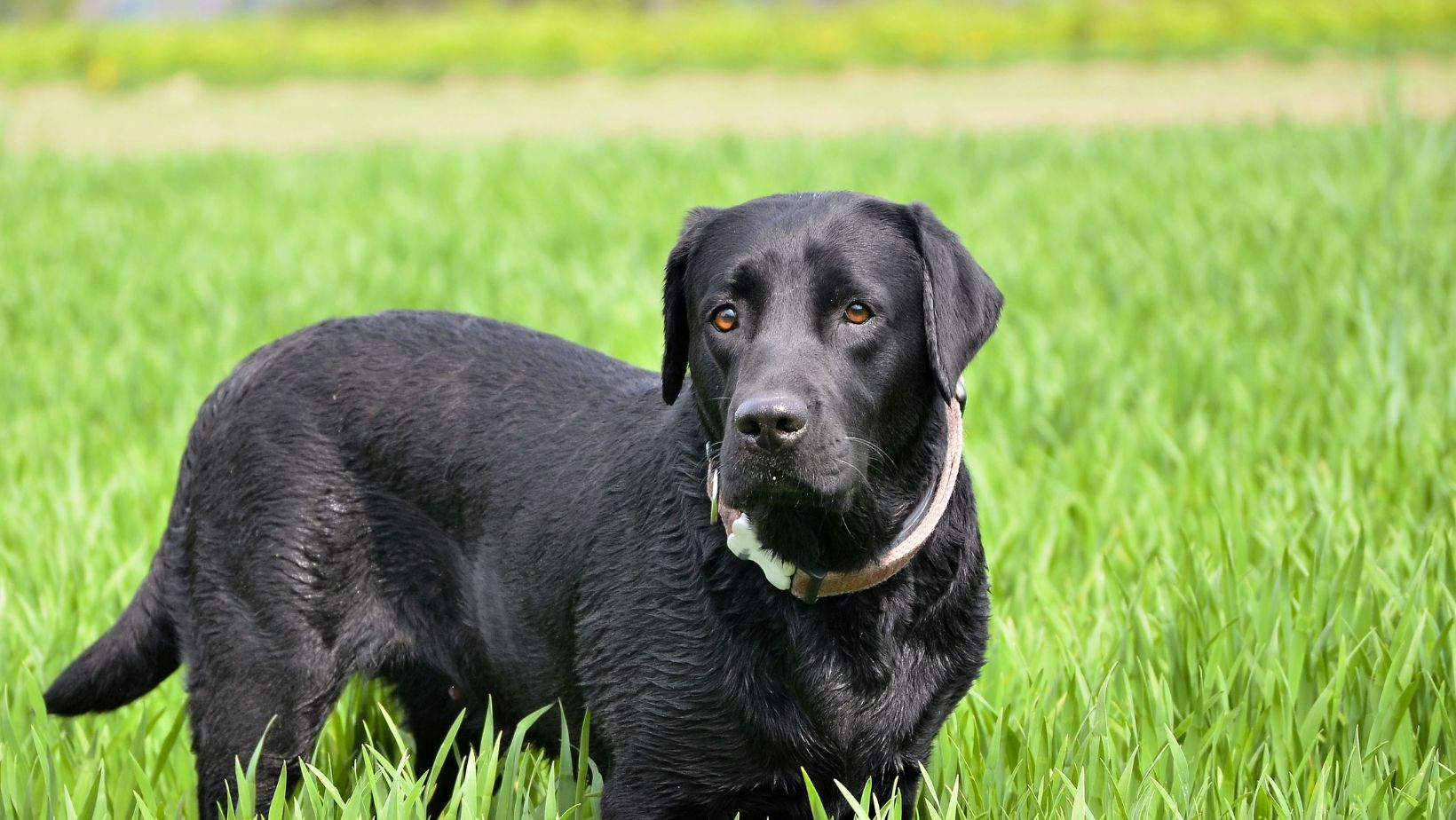How to Train a Hyper Puppy
Training a hyper puppy can be a challenging task, especially when it comes to Labrador Retrievers. These energetic and playful dogs require consistent training to help them channel their energy in a positive way. In this article, I’ll share some valuable insights on how to effectively train a hyperactive Labrador puppy by emphasizing the importance of consistency.
Consistency is key when it comes to training any dog, but it becomes even more crucial with hyperactive puppies. Establishing a set routine helps them understand what is expected of them and reinforces good behavior. From basic commands like sit and stay to leash walking and potty training, consistently practicing these exercises will help your Labrador puppy understand the desired behavior patterns.
One important aspect of consistency is maintaining clear communication with your puppy. Use simple yet firm commands and reward-based training methods to reinforce positive behaviors. Be patient and persistent in your efforts, as it may take time for your hyperactive pup to grasp new concepts.
By maintaining consistency in both your actions and expectations, you can train your hyperactive Labrador puppy effectively. Remember that every dog learns at their own pace, so don’t get discouraged if progress seems slow at times. With patience, dedication, and consistent training methods, you’ll be able to transform your energetic bundle of joy into a well-behaved companion in no time.

Understanding Hyperactivity in Labrador Puppies
Common Causes of Hyperactivity in Labrador Puppies
Labrador puppies are known for their boundless energy and exuberant personalities. However, some puppies may exhibit hyperactive behavior that goes beyond the normal puppy playfulness. It’s important to understand the common causes of hyperactivity in Labrador puppies to effectively address and train them.
One common cause of hyperactivity in Labradors is a lack of mental and physical stimulation. These intelligent dogs require regular exercise and mental challenges to keep them engaged and prevent excessive energy buildup. Without proper outlets for their energy, they may resort to hyperactive behaviors as a way to release pent-up energy.
Another factor that can contribute to hyperactivity is genetics. Some Labradors may have a predisposition towards being more high-strung or excitable than others. If both parents exhibit hyperactive tendencies, it increases the likelihood of their offspring inheriting these traits.
Additionally, environmental factors such as an inconsistent routine or stressful surroundings can also contribute to hyperactivity in Labradors. Dogs thrive on consistency and structure, so any disruptions or changes in their environment can lead to restlessness and hyperactive behavior.
Recognizing the Signs of a Hyperactive Puppy
Recognizing the signs of a hyperactive puppy is crucial for early intervention and effective training. While all puppies display bursts of energy, there are certain behaviors that indicate heightened levels of activity:
- Excessive jumping: A hyperactive puppy may constantly jump on people or furniture without any apparent reason.
- Inability to settle: They struggle to relax or stay calm even after physical exertion.
- Destructive behavior: A hyperactive pup tends to chew on furniture, shoes, or other household items out of boredom or frustration.
- Constant barking: They may bark excessively without any specific trigger.
- Difficulty focusing: These puppies find it challenging to concentrate on tasks or follow commands.
By being observant of these signs, you can identify whether your Labrador puppy is exhibiting hyperactive behavior and take appropriate steps to address it.
The Role of Consistency in Training a Hyperactive Labrador
Consistency is key when training a hyperactive Labrador puppy. Establishing a solid routine and sticking to it helps provide the structure and stability that these energetic dogs need. Here are some tips for consistent training:
- Regular exercise: Ensure your Labrador gets plenty of physical exercise every day to burn off excess energy. Long walks, playtime in the yard, or interactive toys can help tire them out.
- Mental stimulation: Engage your pup’s mind with puzzle toys, obedience training sessions, or hiding treats around the house for them to find. Mental challenges can help channel their energy into productive outlets.
- Positive reinforcement: Use positive reinforcement techniques such as treats, praise, and rewards to reinforce desired behaviors. Consistently rewarding good behavior helps your puppy understand what is expected of them.
- Clear commands: Use clear and concise commands during training sessions. Keep the language simple and avoid overwhelming your pup with too many instructions at once.
- Patience and persistence: Training a hyperactive puppy takes time and patience. Stay consistent with your approach even if progress seems slow at times.